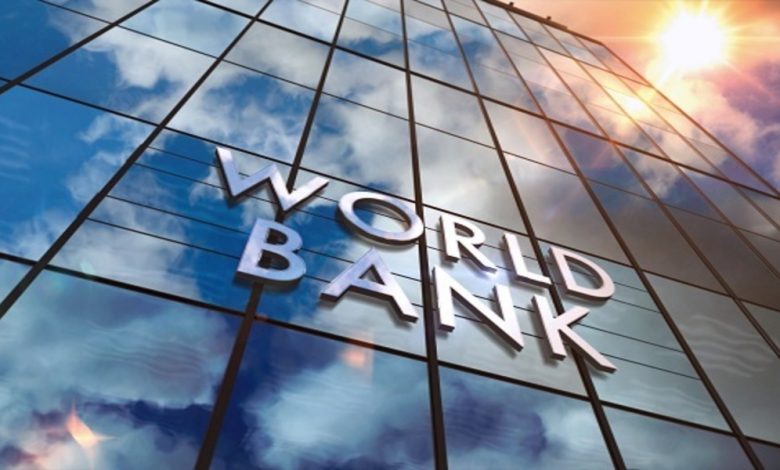
The World Bank has emphasised the importance of debt transparency for nations’ progress, estimating that Nigeria and other low-income developing countries would need $429 billion in external financing between 2023 and 2025.
Titled “Transparency in Developing Economies”, the report was released on Wednesday. It advised low-income developing countries “to invest at least 4.5 per cent of national GDP each year on infrastructure alone” to meet the Sustainable Development Goals by 2030.
The report also includes several other developing countries such as Kenya, Honduras, Rwanda, Kosovo, the Gambia, Chad, Nepal, Nigeria, Bhutan, Maldives, South Africa, Vietnam, Jamaica, Indonesia, Peru, and Lao PDR in its research and advisory.
“Most of these financing needs will have to be met through new borrowing. To ensure that this financing contributes effectively to development outcomes and does not undermine long-term debt sustainability, debt transparency must be improved,” said the research. It is also advised to draft regulations for term standardisation to further pursue transparency.
The review also argues that transparency will open up new investment opportunities, promote accountability, and help decrease the corruption rate while underlining the benefits of loan contract standardisation.
“Improving debt transparency requires a sound public debt-management legal framework, integrated debt recording and management systems, and improvements in the global debt monitoring,” said The World Bank Group President, David Malpass.
“International financial institutions, debtors, creditors, and other stakeholders, such as credit-rating agencies and civil society, all have a key role to play in fostering debt transparency.”
